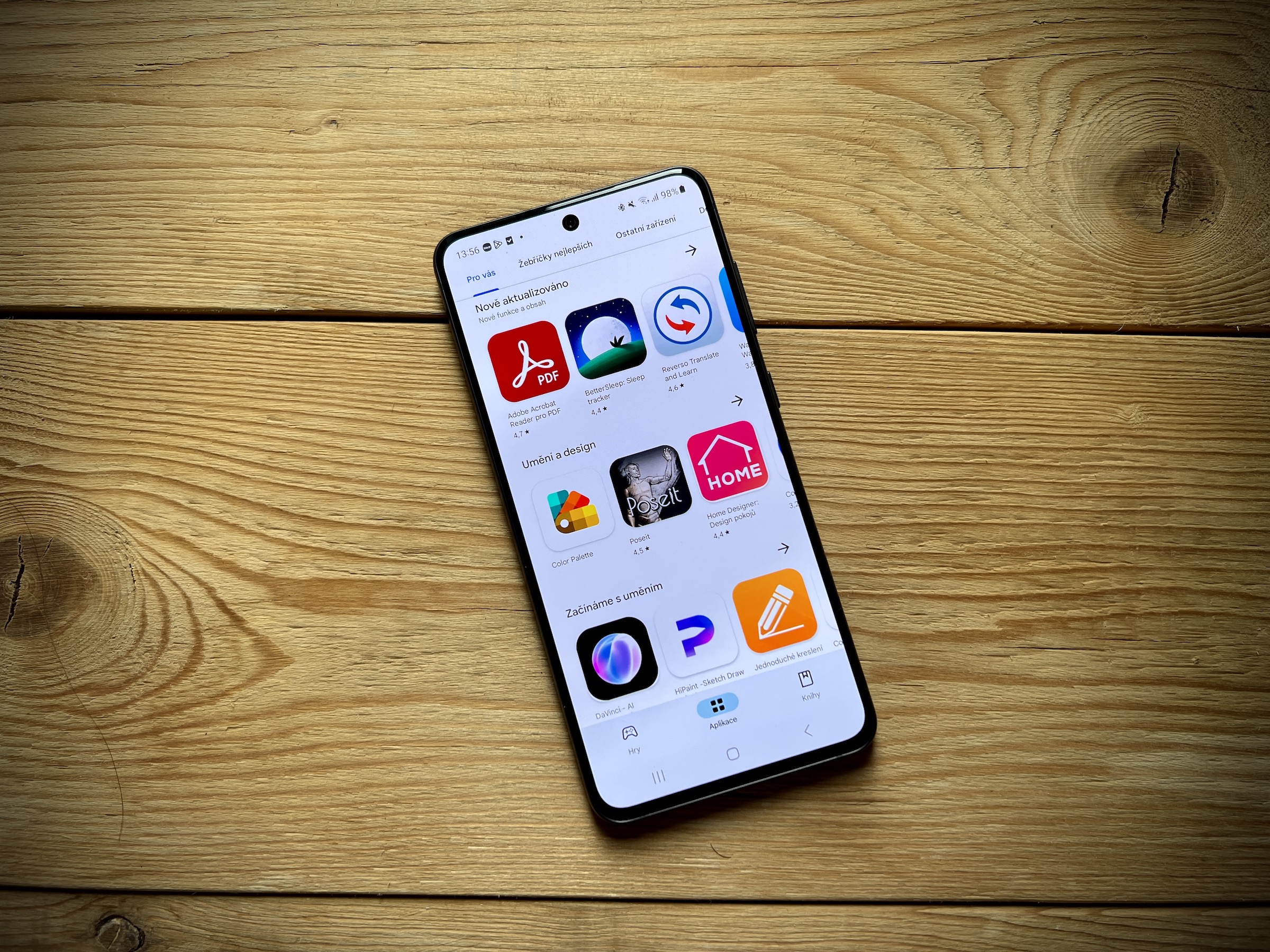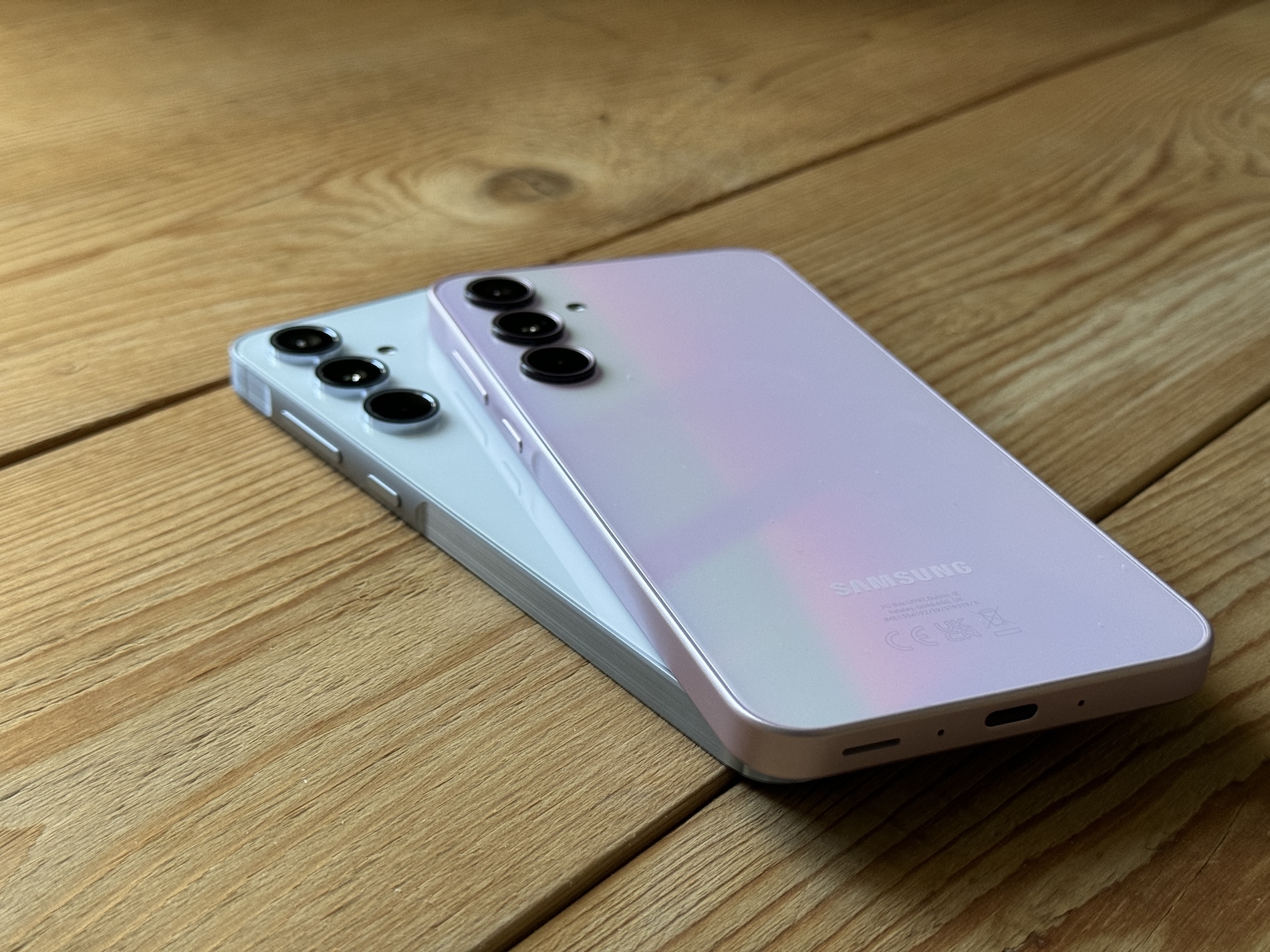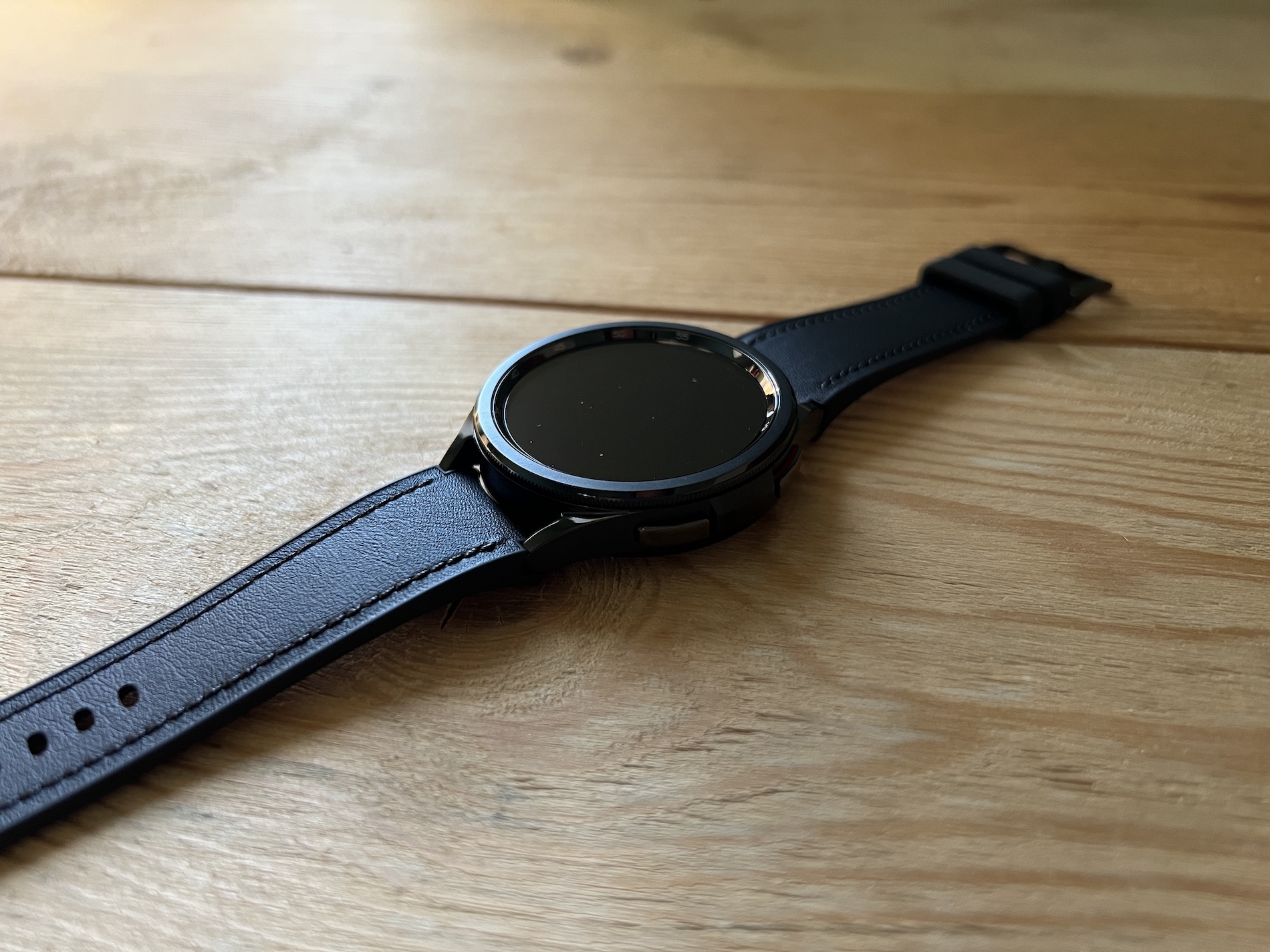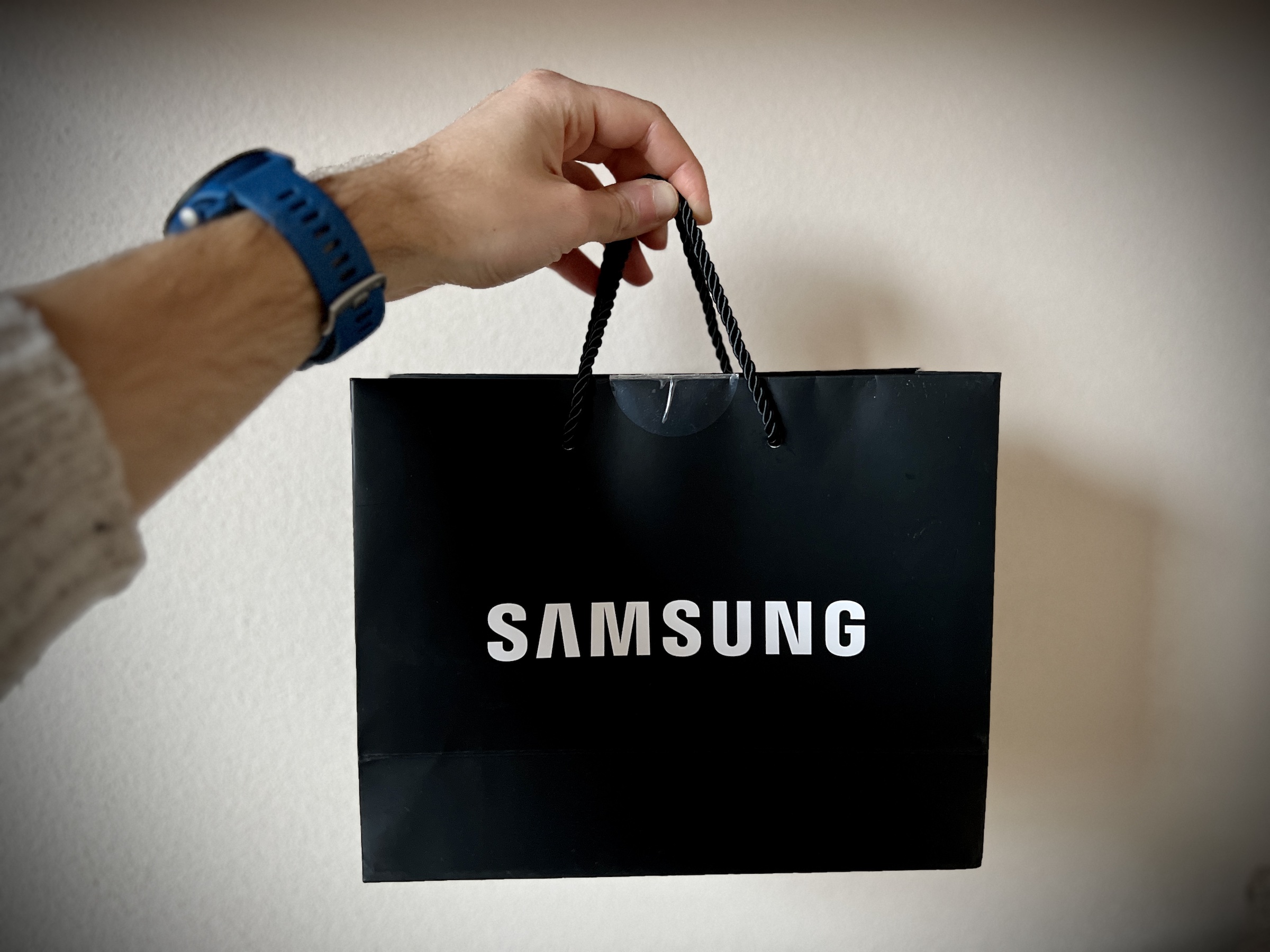SOCIETY Fitbit received her certification today European Conformity (THERE IS) for the ECG app for Fitbit Sense watches. It assesses the heart rhythm and thus detects atrial fibrillation, a disease that affects more than 33,5 million people worldwide. The EKG app was introduced during the August new product announcement and will be available to users of the new Fitbit Sense smartwatch in a number of European Union countries, including the Czech Republic. With this step, he managed to place himself alongside Apple Apple Watch, which handle ECG from Series 4.
You could be interested in
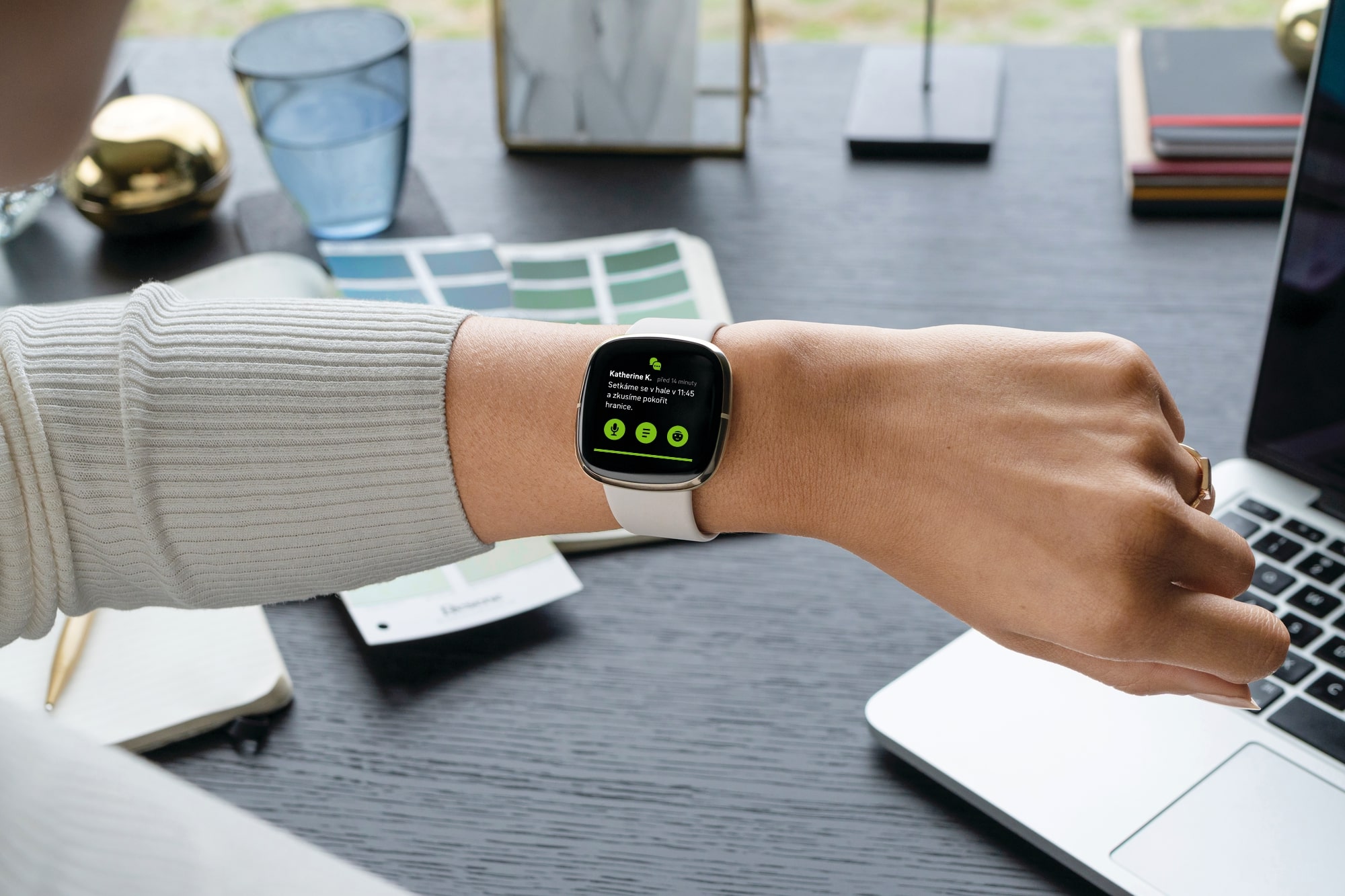
Heart disease continues to be one of the leading causes of death worldwide, despite being an easily preventable health complication. Atrial fibrillation increases the risk of serious diseases such as stroke and can be very difficult to diagnose because it is an episodic disease that may not show any symptoms. Some studies report that up to 25% of people who have had a stroke had problems with atrial fibrillation. Unfortunately, they discovered this fact only after suffering a stroke.
“Helping people better understand and manage their heart health has always been a priority at Fitbit. The EKG app is designed for those who want to learn more about their health and then discuss their findings with a doctor.” said Eric Friedman, co-founder and CTO of Fitbit and adds “Early detection of atrial fibrillation is critical, and I'm incredibly excited to make these innovations available to people around the world. They will help them improve heart health, prevent serious complications and have the potential to save lives.”
Fitbit Sense is Fitbit's first device with an EKG that allows you to perform random heart health checks and helps analyze irregular heart rhythms. Users simply hold their fingers on the watch's steel bezel for 30 seconds and then get a recording to share with their doctor. In the course of applying for CE certification, Fitbit conducted a clinical trial across the United States. The study evaluated the algorithm's ability to accurately detect atrial fibrillation and showed that the algorithm even exceeded the target value. Overall, it detected 98,7% of cases and was 100% infallible in participants with a normal heart rhythm. Fitbit Sense is the company's most advanced device to date and boasts a world first. This is the electrodermal activity (EDA) sensor in the smartwatch that helps manage stress. Sense will also offer a skin temperature sensor on the wrist and a 6+ day battery life.
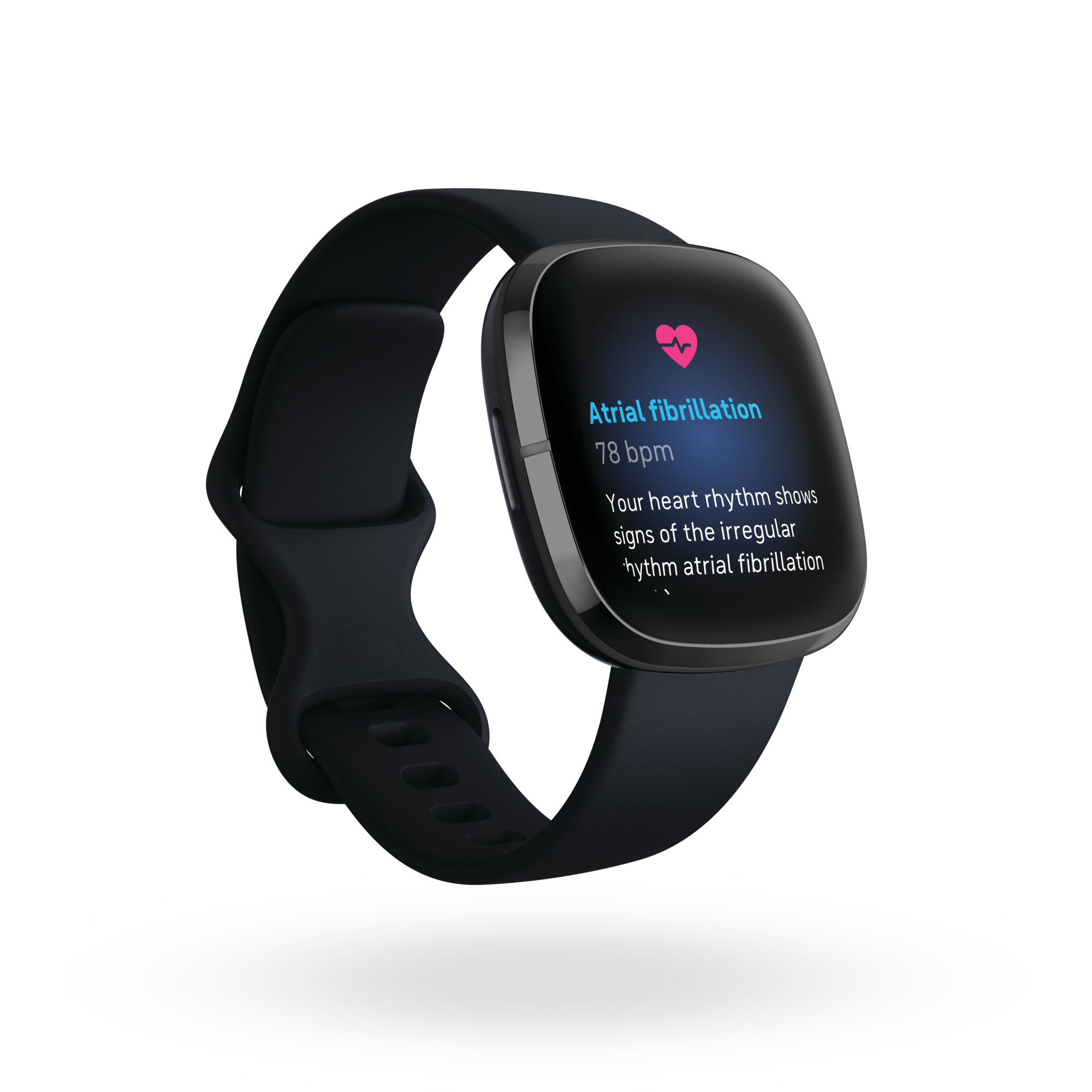 Product render of Fitbit Sense, 3QTR view, in Carbond and Graphite.
Product render of Fitbit Sense, 3QTR view, in Carbond and Graphite.
A broader commitment to heart health
The new ECG app is part of Fitbit's broader approach to heart health innovation. Fitbit pioneered heart rate monitoring with its PurePulse technology, which it introduced in 2014. It uses photoplethysmography (PPG) to monitor small fluctuations in blood volume in the wrist to detect heart rate. Fitbit continues to develop innovative tools to help people better understand and manage their heart health.
Long-term heart rate monitoring (PPG) and random monitoring (ECG) technology play an important role, and Fitbit aims to provide users with both options based on their individual needs. Long-term heart rhythm monitoring can help identify asymptomatic atrial fibrillation that might otherwise go undetected, while an EKG can help those who want to get tested and can consult their health with doctors thanks to an EKG recording.
Referring to its innovations in heart health, Fitbit introduced PurePulse 2020 technology in August 2.0, which is the most advanced heart rate monitoring technology to date. It now tracks multiple sensors and an improved algorithm. This improved technology provides users with in-device and app notifications when their heart rate exceeds or falls below set values. Users who receive this notification can further investigate the issue in the Fitbit app and possibly consult with their doctor.
